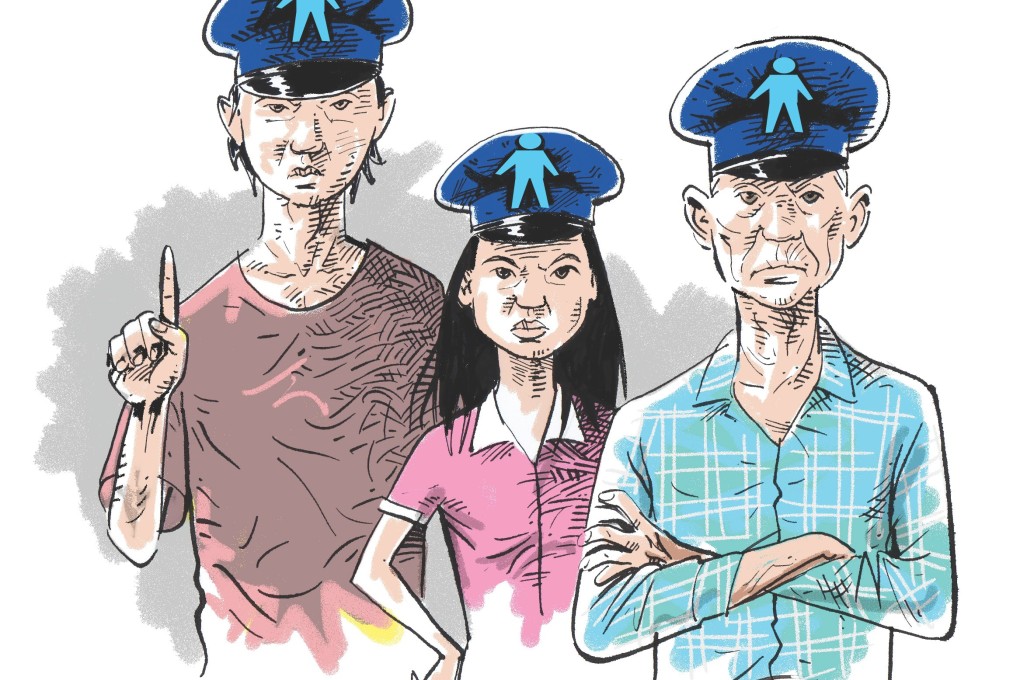Responsibility for the protection of human rights is in our hands
Surya Deva says a vigilant citizenry provides the best safeguard for human rights, given that state organs, and even governments themselves, may be unwilling or unable to meet their duties

On December 10, 1948, the world took an important and decisive step in adopting the Universal Declaration of Human Rights as a "common standard of achievement for all peoples and all nations". To commemorate this milestone, in 1950, the UN General Assembly proclaimed December 10 as Human Rights Day. The theme for this year is "Human Rights 365", which encompasses the idea that human rights are relevant for everyone, every day.
Despite the adoption of a plethora of international human rights instruments since 1948, and the incorporation of such rights into constitutions as well as national laws, the realisation of human rights is still a dream for many people. Millions are forced to work in slavery-like conditions, child labour and violence against women are rampant in many parts of the world, human trafficking is not uncommon and the persecution of human rights defenders and political opponents remains a concern. Added to all this, armed conflicts continue to turn people into refugees, minorities still face many forms of discrimination, millions lack access to basic survival needs, and corporate exploitation of natural resources is resulting in environmental pollution as well as forced displacement of indigenous populations.
The human rights project faces many challenges. First, although states are obligated to respect, protect and fulfil human rights, they are part of the reason why these rights are not being realised. In many situations, states themselves are violators and, therefore, expecting them to safeguard human rights is unrealistic.
To resolve this apparent conflict of interest, we stress the importance of having the rule of law, separation of powers, an independent judiciary and a free media. But, in reality, it has not been possible to assemble these power-controlling mechanisms in many nations.
A related challenge is posed by the Westphalian notion of sovereignty. A majority of nations do not like the idea of other states or international institutions pointing fingers at human rights violations within their territory.
This mindset has not allowed the establishment of robust international mechanisms of accountability similar to those found in the arena of international trade or investment law. Consequently, when countries are unwilling to protect human rights, or incapable of doing so, abuses largely go unaddressed.
Third, since human rights are often invoked to serve political or foreign policy goals, they are pressed into service selectively. States, for example, ignore violations perpetuated by their allies. When human rights become a matter of political (in)convenience, their legitimacy in reflecting common universal values is undermined.